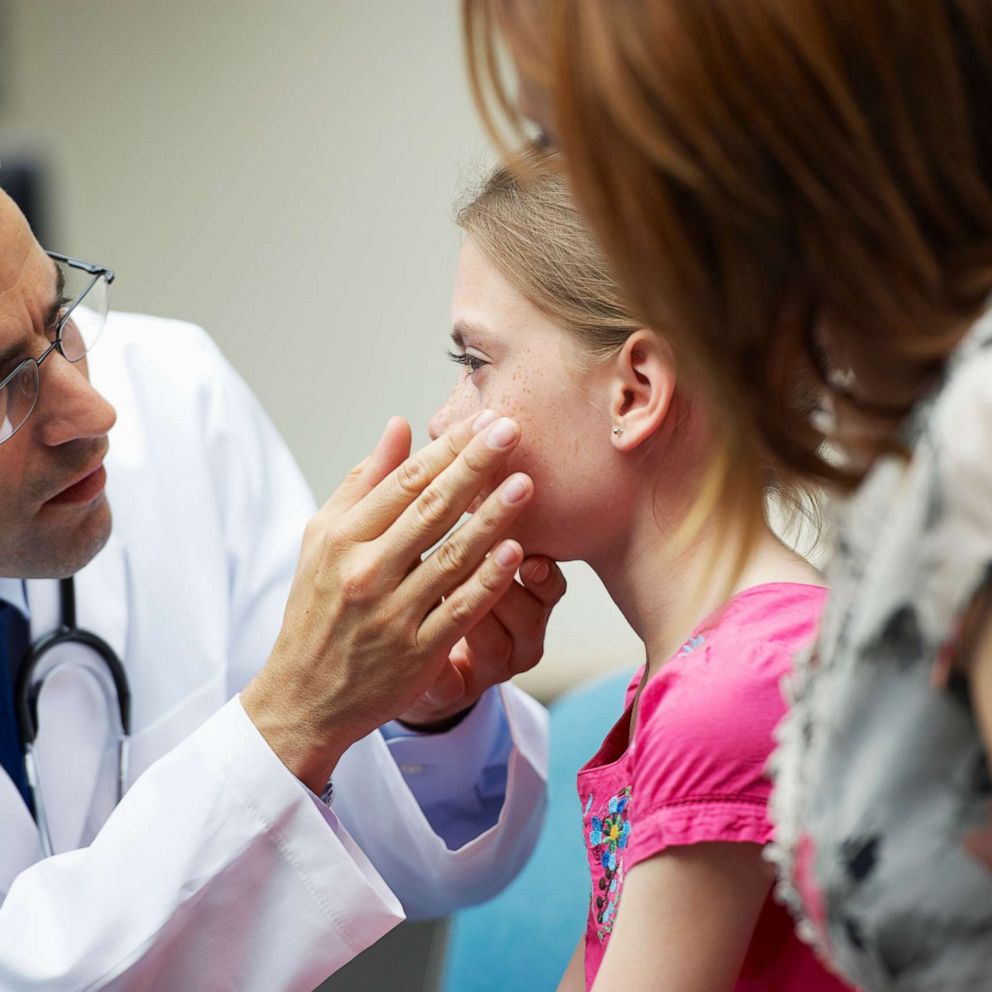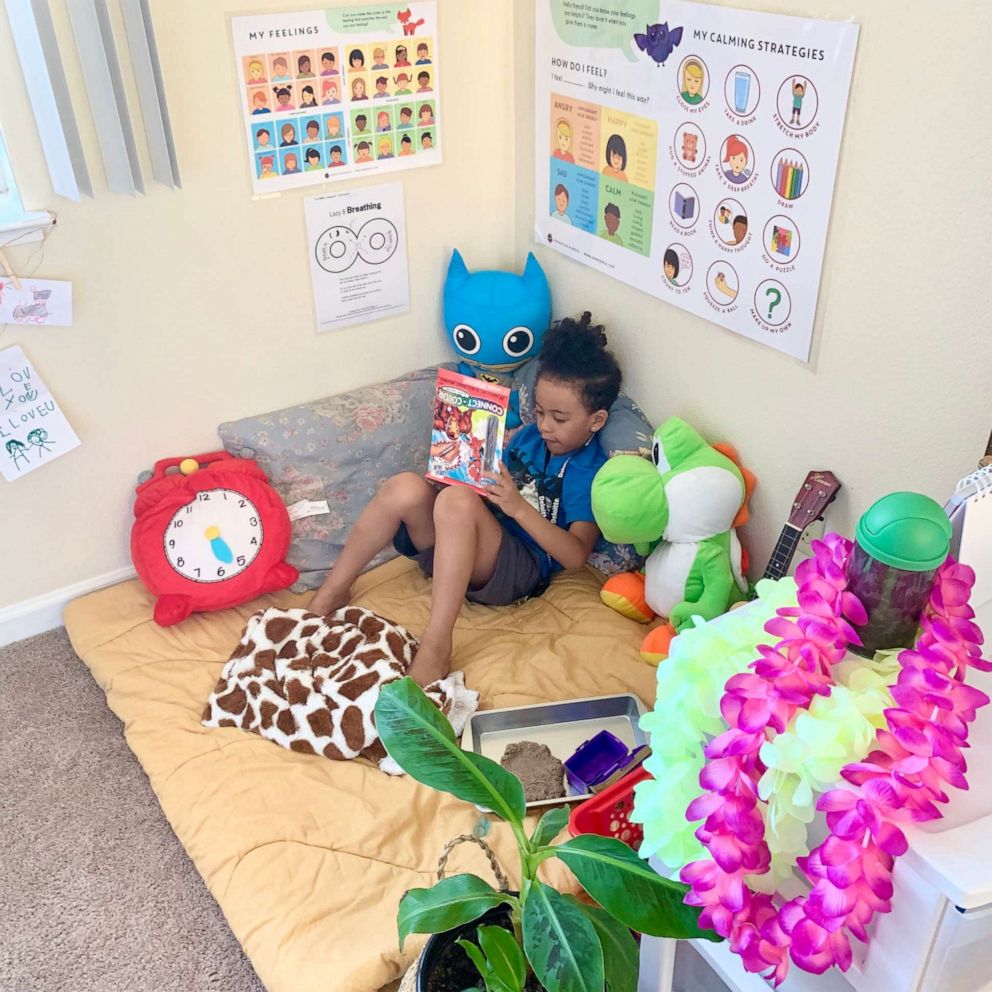CDC report details rapid spread of COVID-19 at Georgia summer camp: What went wrong
260 campers and staffers tested positive for COVID-19, according to the CDC.
A coronavirus outbreak a summer camp in Georgia left 260 campers and staffers testing positive for the virus, according to the U.S. Centers for Disease Control and Prevention (CDC).
The YMCA Camp High Harbour, which hosted more than 600 campers and staffers, quickly shut down for the summer in late June after a teen staffer tested positive for COVID-19.
All campers and staff had tested negative within 12 days of arriving; however, one staff member developed symptoms and eventually tested positive for COVID-19, according to the report.
Out of 344 people from the camp who were tested, 260 tested positive for SARS-CoV-2, a positivity rate of around 76%, according to the CDC.
"These findings demonstrate that SARS-CoV-2 spread efficiently in a youth-centric overnight setting, resulting in high attack rates among persons in all age groups, despite efforts by camp officials to implement most recommended strategies to prevent transmission," CDC researchers wrote in an analysis released on Friday. "This investigation adds to the body of evidence demonstrating that children of all ages are susceptible to SARS-CoV-2 infection and, contrary to early reports, might play an important role in transmission."
The camp took precautions to prevent the spread of COVID-19, including requiring everyone to have a negative COVID-19 test on file before arriving at camp, requiring staff members to wear face coverings and requiring campers to stay in their designated groups.

"I was surprised because they had done such a great job with precautions, with pre-screening the counselors and making sure that they were tested," said Karin Jessop, the parent of a camper. "Because the camp was mostly outdoors, I didn't understand how it could've happened based on the precautions and the space."
Campers, though, were not required to wear face masks. The CDC found that "daily vigorous singing and cheering" may have helped lead to the spread of COVID-19, and that windows and doors at the camp were not left open for better ventilation.
The YMCA told ABC News in a statement it made every effort to follow the best practices outlined by the CDC, the state of Georgia and the American Camp Association. Many parents also reached out to the YMCA in the spring, asking to reopen for the summer, according to the YMCA.
"Attending Camp High Harbour is a tradition numerous generations of Y families look forward to every summer, the YMCA said in its statement. "Many of these individuals reached out to the Y to express their desire for us to open our resident camps in an effort to create normalcy in their children’s lives due to the detrimental impact of COVID-19. This weighed heavily in our decision to open, a decision in retrospect we now regret."
The state of Georgia has been one of the hot spots for COVID-19 in the United States.
To date, the state has reported more than 193,000 confirmed cases of COVID-19, nearly 4,000 deaths and more than 19,000 hospitalizations.
"Given how bad of an outbreak Georgia was experiencing, I don’t think it was wise to open that camp and then they didn’t do all the [precautions] around ventilation and getting kids to wear masks," Dr. Ashish Jha, director of the Harvard Global Health Institute, said Monday on "Good Morning America." "It is a warning sign of what could happen if you don’t follow the guidance."
As schools around the country begin to reopen, Jha said the experience of the YMCA camp should be looked at closely.
"I think we’ve been a little cavalier about this and have sort of assumed that kids are fine and they don’t spread at all or they don’t get infected very often," he said. "I think we’re seeing data that suggests that may not be true."
He went on, "Kids that are 10 and younger do seem to transmit less and therefore maybe we have a lower threshold for getting them back [to school]. High schoolers, they essentially function like adults, and we really have to think about them very differently than I think the younger kids."
Jha also pointed out that whether children-centric activities like schools and camps reopen has to do with where they are located and what precautions they will take.
"I do think that schools can reopen but not in communities with large amounts of spread and not without really vigorous planning," he said. "I feel like too many communities are just not doing that -- they’re just sending kids back to school without all that extra work."







